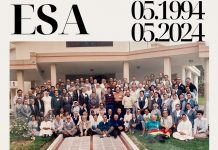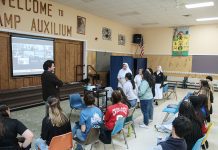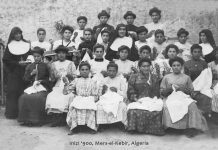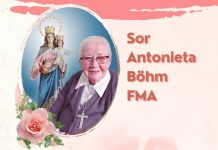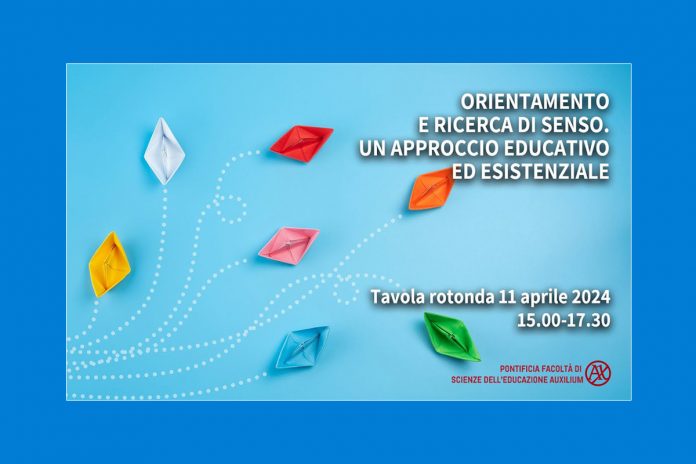Rome (Italy). On 11 April 2024, at the Pontifical Faculty of Education Sciences “Auxilium” in Rome, in person and online, the round table “Orientation and the search for meaning” will be held, an extremely current topic given today’s context of complexity, uncertainty, and precariousness in which the centrality of orientation forcefully emerges in the face of existential disorientation, the lack of meaning in life, and future planning.
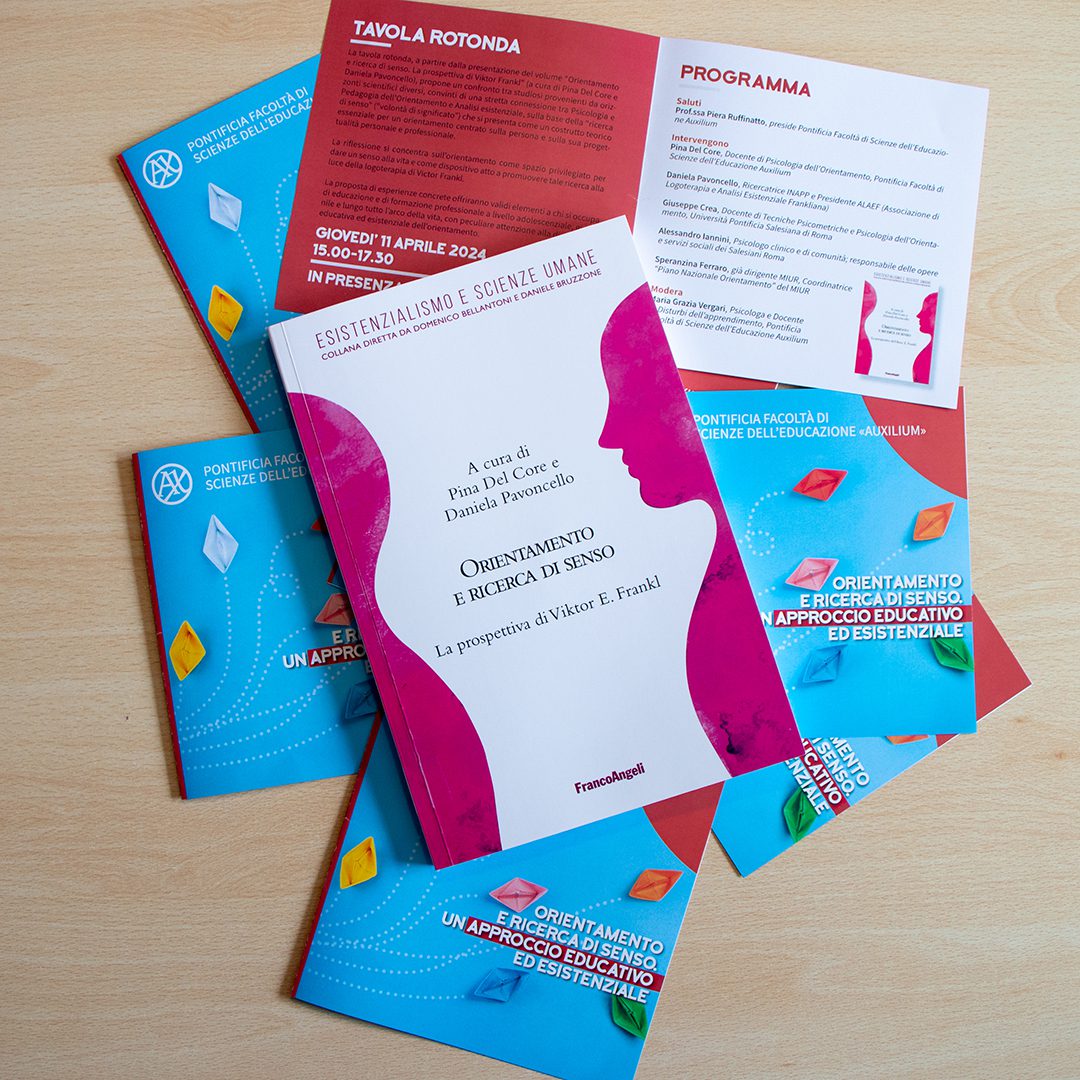 The event presents the volume “Orientation and the search for meaning. The perspective of Victor Frankl”, edited by Pina Del Core and Daniela Pavoncello (Franco Angeli 2023).
The event presents the volume “Orientation and the search for meaning. The perspective of Victor Frankl”, edited by Pina Del Core and Daniela Pavoncello (Franco Angeli 2023).
With her initial greetings, the Dean of the Auxilium Faculty, Sister Piera Ruffinatto, FMA, will open the discussion between scholars of different scientific horizons. They place psychology, orientation pedagogy, and existential analysis in close connection and view orientation as a privileged space for giving meaning to life, through the development of future existential planning and as a device capable of promoting such research in light of the logotherapy model developed by Victor Frankl.
From here “is born the profound connection of orientation with Frankl’s Logotherapy and its fundamental theoretical construct, the search for meaning” explains Sister Pina Del Core, FMA, professor of Orientation Psychology at the Auxilium Faculty. His perspective “refers to the need for an orientation that is more focused on the future, more attentive to the personal and professional plans of the subjects, in particular young people, more open to promoting the attitude to change and self-determination in order to activate a better capacity for choice and decision.” In fact, orientation, due to its natural educational dimension, is configured as a permanent process of education in choices.
Choice and decision guide young people towards work. Daniela Pavoncello, researcher and president of ALAEF (Association of Franklian Logotherapy and Existential Analysis), specifies how “the work that each person carries out is not just the outcome of a choice, but is a crucial element in people’s lives. Professional commitment, the working ‘career’, represent the common thread that runs through one’s entire existence, giving it meaning, connecting the experience of one’s work, with study and formative experiences, with family time, with choices of free time and civic commitment.” Orientation, therefore “in this historical moment of transition and significant transformations, must increasingly take on a social, as well as educational, value, defining itself, that is, as a device capable of promoting authentic ‘social justice’ in people and in society. ”
Speakers at the round table, moderated by Maria Grazia Vergari, psychologist and Professor of Learning Disorders at the Auxilium Faculty, are: Giuseppe Crea, Professor of Psychometric Techniques at the Salesian Pontifical University, who highlights how with “the use of tests in the field of orientation, the proactive characteristics of the person are explored and they are helped to orient themselves towards planning and constructive choices”.
They are indispensable elements for those who deal with education and professional formation at an adolescent level such as Alessandro Iannini, clinical and community psychologist, responsible for the works and social services of the Salesians of Rome. He bases his intervention on an orientation experience at the Borgo Ragazzi Don Bosco day center in Rome, a situation of juvenile distress where young people arrive who have committed crimes and are subjected to penal measures alternative to prison or who have been reported for school evasion.
In the space of a few decades, the theoretical panorama of orientation has undergone notable and profound changes, so much so as to initiate a serious rethinking not only of the paradigms of thought but above all, of the management of orientation processes, its methodology and measurement tools. From this perspective, the intervention of Speranzina Ferraro, former coordinator of the National Orientation Plan at the MIUR, reconnects the present to the past and the future, identifying which perspectives can be open for the future, also starting from Del Core-Pavoncello’s volume.




